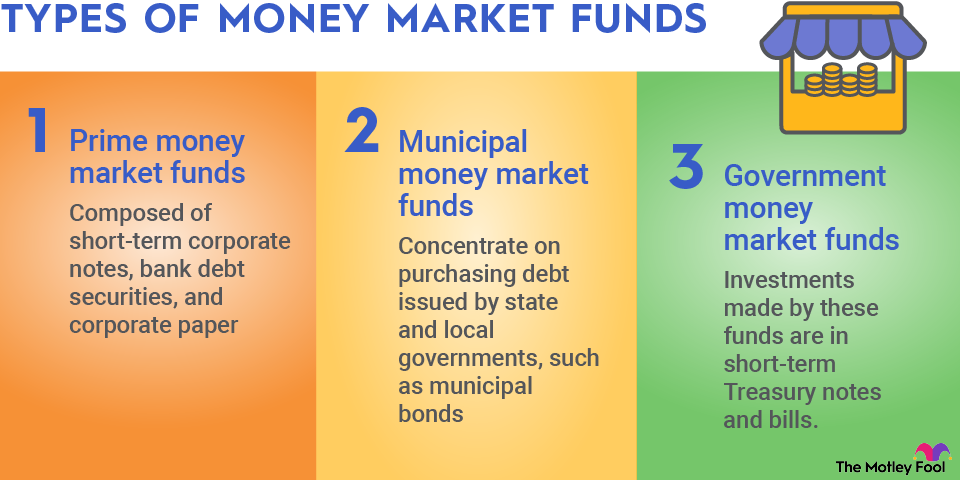As an academic subject, economics is the study of how wealth is created, how people behave with money, and how they respond to scarcity and incentives.
It's a vast subject that covers the underlying tenets of capitalism, and it is traditionally broken up into two smaller subjects: microeconomics and macroeconomics.
Microeconomics refers to the way smaller entities -- including individual people -- make economic decisions, while macroeconomics focuses on large-scale economics involving the money supply or the type of decisions made by the Federal Reserve.

What is microeconomics, exactly?
Microeconomics is a branch of economics that deals with how small-scale entities like individuals and businesses make economic decisions.
The relationship between supply and demand is central to much of microeconomics since the law of supply and demand tends to determine price, absent other forces.
Monopoly
Microeconomics also involves the study of consumer behavior, including the influence of substitutes and complementary goods, producer behavior, and market structures such as perfect competition, monopoly, monopolistic competition, and oligopoly.
Key concepts in microeconomics
Microeconomics involves a number of basic concepts.
The law of supply and demand is the most essential rule in microeconomics. According to the law, changes in supply and demand will have inverse impacts on price.
For example, an increase in demand will lead to higher prices; a decline in demand will lead to lower ones. An increase in supply, on the other hand, will lead to lower prices; lower supply will lead to higher prices.
For a given product, a market price is reached when supply and demand reach equilibrium.
Similarly, understanding different kinds of market structures and how they affect competition is also important. There's also game theory, or how one party's decisions affect another's in an economic competition.
Finally, concepts like price elasticity help explain why some prices change more than others. Substitutes and complementary goods can also influence pricing and economic decisions.
Why you should understand microeconomics
Understanding microeconomics can be helpful to you as both a consumer and an investor.
For consumers, microeconomics can help explain why goods are priced the way they are, and how to save money as a consumer.
For investors, the rules of microeconomics can illustrate industry dynamics and explain why some companies or industries make better investments than others.
For example, investors will want to look for industries that lean toward monopoly, as that gives them pricing power and helps them block out competition.
Additionally, investing in companies that sell inelastic products, such as medicine, can also be a smart move, as this allows them to raise prices with little pushback.
Similarly, products with few substitutes also lend themselves to pricing power. The Apple (AAPL +0.76%) ecosystem of tech devices offers a good example of this since it's difficult to create the complementarity of an iPhone, Mac, AirPods, etc., with a group of devices from a competitor.
Related investing topics
One example of microeconomics
The changing price of oil offers a good example of how microeconomics applies to individual consumers and affects the global economy.
The price of oil and therefore gasoline and other fuel derivatives is determined primarily by supply and demand, though nonmarket forces like the Organization of Petroleum Exporting Countries (OPEC) cartel also play a role.
A wide range of factors can affect supply and demand for oil, including war and military conflicts, weather and natural disasters, the health of the global economy, and substitutes like electric cars.
Because an expanding economy tends to support demand for oil, the price tends to rise in bull markets, at least in the early stages. However, as electric cars proliferate over the long term and substitutes for traditional combustion vehicles become more available, there could be greater forces affecting the price of oil.

















